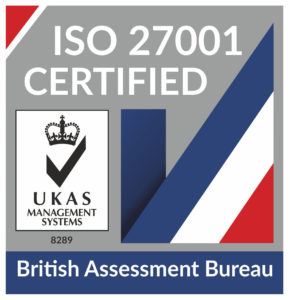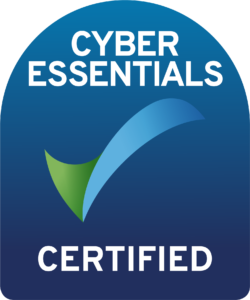
HaloITSM Guides
Documentation to assist with the setup and configuration of the HaloITSM platform
Charge Types
In this guide we will cover:
- What is a Charge Type?
- How to Create and view Charge Types
- Charge Type Overrides
Associated Administrator Guide:
What is a charge type?
A charge type is a classification of work. Remote support and on-site support are both examples of different charge types. You can set an hourly rate against each charge type, in order to track the amount of money and time spent on tickets/ actions. Halo's labour billing is set in a way that all billable time is tracked through actions by configuring the action field list to have the "Charge Type" field on it.
How to create and view charge types
Charge types can be created and maintained within Configuration > Billing > Charge Types. You are able to create multiple charge types for different methods of support. There can also be overrides set per client, when applied, the clients rates will override the defaults that are set in the configuration.
Within the types tab of the specific charge type, you can set the following:
- Start Date: Date that type was enacted.
- Type: The amount you will charge clients per hour.
- Minimum Minutes: Minimum minutes charged (based on action or ticket rounding).
- Increment Minutes: Rounding to the nearest value (based on action or ticket rounding).
- OOH Multiplier: The Type applied outside of normal working hours.
- Weekend Multiplier: This multiplier will be applied to the base charge rate if the action takes place on a Saturday or Sunday.
- Holiday Multiplier: Type applied during holiday periods.
- Contract Multiplier: If this Charge Type is being allocated to a Clients contract & the client has run out of their allowance, they can be billed using a modified type (where the type is this multiplier of the standard type).
Fig 1. The Rates Tab of a Charge Type
To set whether the rounding calculations are calculated at action level or ticket level, you can change the global option in Configuration > Billing > General Settings:
Fig 2. Charge Rounding
If the charge rounding is set at ticket level i.e. the above checkbox is on, then you can also calculate charge rounding for projects at project level, instead of task level:
Fig 3. Charge Rounding at Project Level
Invoice Line Description
This is what shows on the invoice per line item when using this charge rate. In here you can include variables that can pull info from ticket, some of these include:
- $faultid – TicketID.
- $symptom – Ticket Status.
- $clearance – Closure Note.
- $note – Note added on an action.
- $actiondate – Date of action.
- $assigned to - Agent assigned to ticket.
- $username – Name of the user.
- $who – Agent or user performing action.
You will also find a 'Use' and 'Linked Item' field against a Charge Rate/Type:
Fig 4. Linking Items to a Charge Type
- The 'use' establishes whether the Charge Type is for standard labour (where details in this guide are applicable), or 'Travel' (where the details outlined in the 'Travel' guide are applied).
- The 'Linked Item' dropdown allows you to select an item/product from your existing inventory. The Nominal Codes associated to the Linked item will then be applied whenever this Charge Type is used.
Accounts ID (Xero Integration):
If using the Xero integration, you will need to specify an item code relating to an item within Xero. This will be the item this charge type gets billed against. When the Xero Integration is enabled, the Item ID field will be renamed to Xero Product ID.
Fig 5. Xero Product ID Field
Charge Type Overrides
You can override the default charge types per client, if that specific client is billed differently from the standard types you charge for clients. The dropdown can be found in Clients >*Navigate to the Billing Tab*>*Click into the Charge Type Overrides*:
Fig 6. Charge Type Restrictions and Overrides
You can also set charge type restrictions at client level, this will restrict clients from using certain charge types, as you can select which charge types to use via this multi-select field:
Fig 7. Selecting Charge Types that can be used for this Client
Popular Guides
- Asset Import - CSV/XLS/Spreadsheet Method
- Call Management in Halo
- Creating a New Application for API Connections
- Creating Agents and Editing Agent Details
- Departments and Teams
- Halo Integrator
- Importing Data
- Multiple New Portals with different branding for one customer [Hosted]
- NHServer Deprecation User Guide
- Organisation Basics
- Organising Teams of Agents
- Step-by-Step Configuration Walk Through



